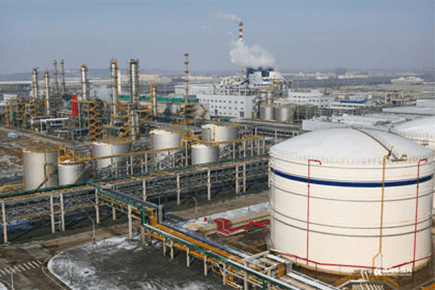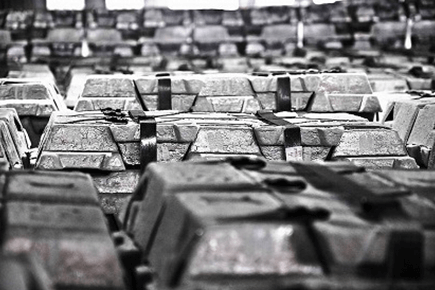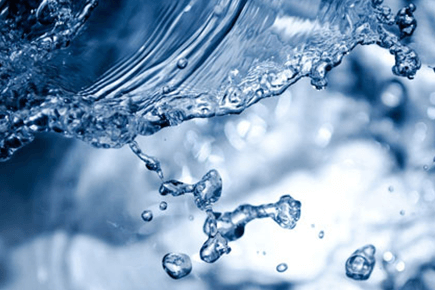SEPLITE® LSC710

SEPLITE® LSC710 is a macroporous weak acidic cationic resin with iminodiacetate chelating active group.
The iminodiacetic acid functional group is specially developed for selective extraction of Calcium, Magnesium and Strontium in chlor alkali brines. It also provides high selectivity for heavy metal cations from solutions with high concentrations of sodium or calcium salts.
Thanks to its proprietary aminomethylation chemical route, LSC710 guarantees extremely low leakage.
Its optimized polymer structure, excellent chemical and physical stability ensure its high performance during operation in both fixed bed column as well as Resin-In-Pulp processes.
In operations, LSC710 demonstrates excellent mechanical strength to osmotic and thermal shock.
Under Acidic condition:
Copper > Vanadium > (VO) > UO2> Lead > Nickel > Zinc > Cadmium > Iron (II) > Beryllium > Manganese > Calcium > Magnesium > Strontium > Barium > Sodium.
Under Alkaline condition:
Calcium> Magnesium >Strontium> Nickel> Barium > aluminum > Iron (II) > Copper> Cadmium> Vanadium > Tungsten > Sodium
SEPLITE® LSC710 Ion Exchange Chelating Resin Physical and Chemical Characteristics:
| Matrix Structure | Polystyrene DVB, Macroporous |
| Functional group | Iminodiacetic |
| Physical Appearance | Gray to light yellow spheres |
| Particle range (mm) | 0.40-1.00 (>95%) |
| Moisture Content (%) | 50-60 |
| Bulk Density (g/l) | 700-800 |
| Density (g/l) | 1000-1200 |
| Total capacity (eq/L) | ≥2.5 |
SEPLITE® LSC710 Ion Exchange Chelating Resin Applications:
-
Brine Purification in the chlor alkali industry
-
Purification of waste stream containing trace metals
-
Recovery of heavy metals from hydrometallurgical leach streams
-
Electroplating industry application
SEPLITE® LSC710 Ion Exchange Chelating Resin Precautions:
Resins should be stored in sealed containers or bags where temperature was above 0℃ in dry conditions without exposure to direct sunlight.
Do not mix ion exchange resin with strong oxidizing agents; otherwise it will cause violent reactions.
In case of eyes contact with resins, rinse eyes immediately with plenty of water, and consult a specialist.
Material and samples must be disposed according to local regulations.
Dry polymers will expand when become wetted and may cause an exothermic reaction.
Spilled materials may be slippery.
SEPLITE® and Monojet™ are registered trademarks of Sunresin New Materials Co. Ltd., Xi`an
-
This information is general information and may differ from that based on actual conditions. For more information about SEPLITE®resins, please contact SUNRESIN® directly.















